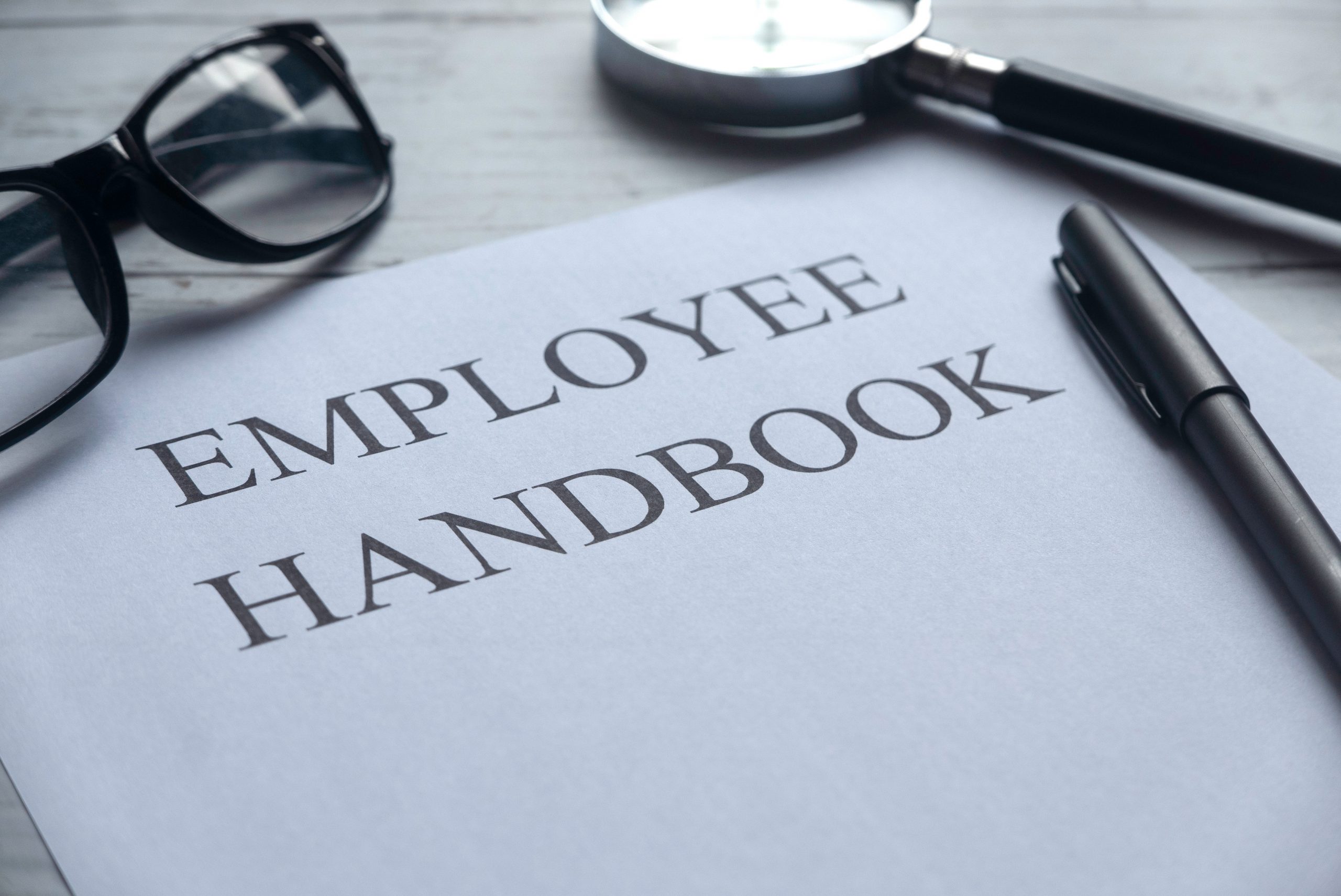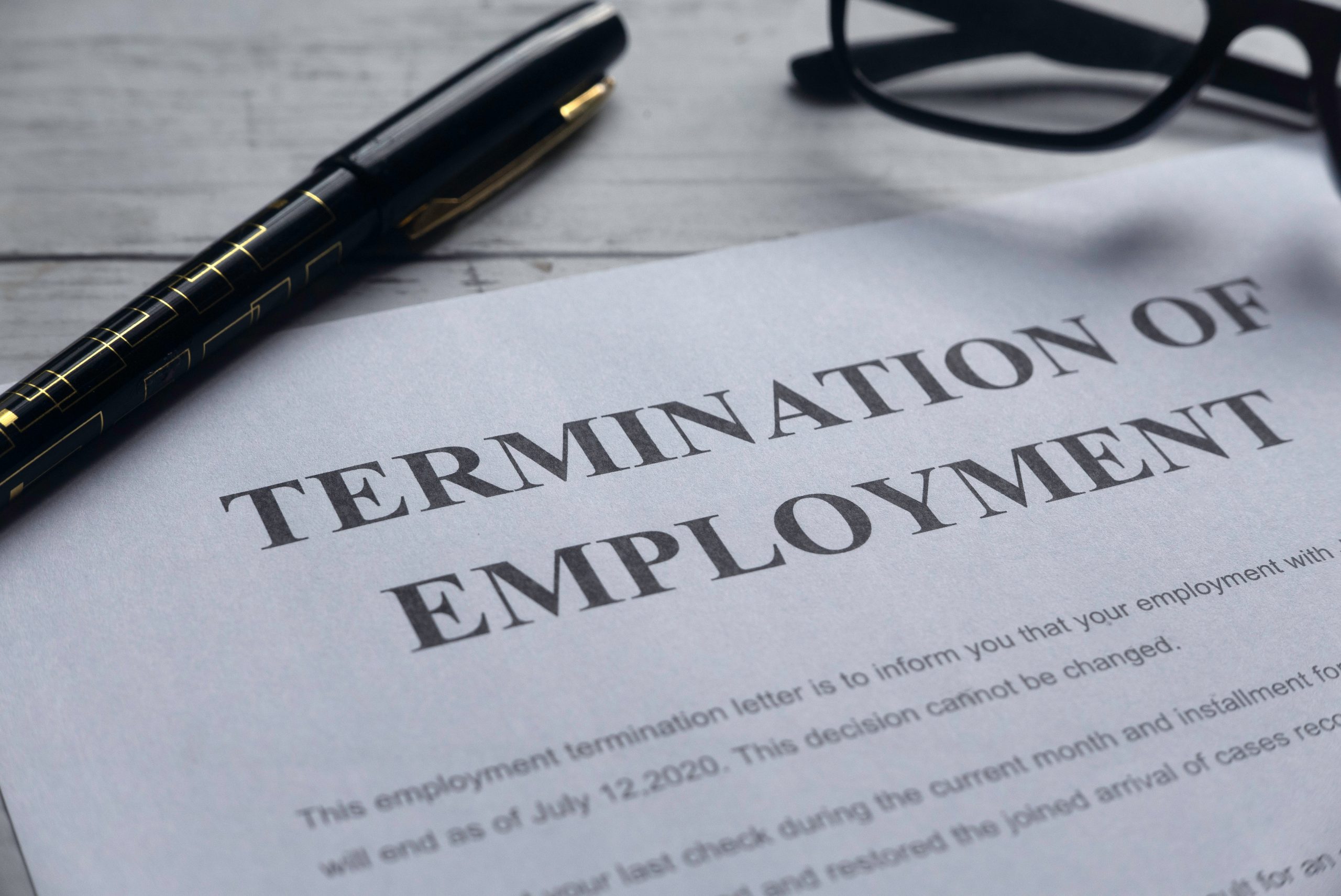
In today’s fast-paced and competitive work environment, fostering psychological safety has become increasingly crucial. Psychological safety refers to creating an atmosphere where employees feel safe, valued, and respected, enabling them to express themselves without fear of negative consequences. It is an environment where individuals are comfortable taking risks, sharing their ideas, and collaborating openly. Psychological safety is not only beneficial for fostering innovation and collaboration but also plays a significant role in driving employee engagement, productivity, and reducing turnover.
Psychological safety is a fundamental factor in cultivating employee engagement. When individuals feel safe and valued in their workplace, they are more likely to actively participate, contribute ideas, and take risks without fear of embarrassment or criticism. They feel encouraged to share their unique perspectives and offer suggestions for improvement. This open exchange of ideas leads to greater innovation and problem-solving, as diverse viewpoints are considered and respected.
In a psychologically safe environment, employees are more likely to embrace challenges and take calculated risks without the fear of negative repercussions. They are not afraid to make mistakes, as they understand that failure is viewed as an opportunity for growth and learning. This mindset promotes a culture of continuous improvement and empowers employees to think creatively and outside the box, leading to increased productivity and innovation.
Psychological safety is also vital for fostering collaboration and teamwork. When individuals feel safe to express their opinions, they are more likely to engage in open and constructive dialogue, contributing to effective decision-making processes. Teams that operate in an environment of psychological safety are more cohesive, as they trust and respect one another, leading to improved communication, cooperation, and synergy among team members.
In an organization where psychological safety is lacking, employees often experience higher levels of stress and anxiety. Without a supportive environment, individuals may be hesitant to seek help or share their struggles, leading to feelings of isolation. Conversely, a psychologically safe workplace encourages open communication and support, allowing employees to discuss their challenges and seek assistance when needed. This supportive environment helps to prevent burnout, promotes work-life balance, and ensures employees feel valued and cared for.
High turnover can be detrimental to any organization, resulting in increased costs, decreased productivity, and loss of institutional knowledge. Psychological safety plays a crucial role in reducing turnover rates. When employees feel safe and supported, they are more likely to stay with an organization for the long term. They feel a sense of loyalty and commitment, knowing that their contributions are valued and their well-being is a priority. On the other hand, when employees experience a lack of psychological safety, they may disengage, become dissatisfied, and eventually seek opportunities elsewhere.
When an employer advertises that they name-call, judge harshly, and are derogatory (nonstupid insinuates there are stupid people), they are essentially declaring themselves the schoolyard bully. We discourage children from talking to their peers like such, so why does an organization get to decide who is, and is not “stupid”? Are all previous employees “stupid”? Is anyone who is not hired considered “stupid”? What are the credentials employees meet that decides who is and is not “stupid”? High turnover does not indicate a problem with the applicant pool, it’s a problem inside the organization, and it starts with psychological safety.
To ensure psychological safety in the workplace, organizations can implement strategic human resource procedures, such as culture surveys, exit interviews, and leadership training. Personnel Success Advocacy can be a valuable tool in identifying areas of opportunity and addressing any issues that may hinder psychological safety. Culture surveys provide insights into employee experiences, perceptions, and areas for improvement. Exit interviews can help identify reasons for turnover and assess the level of psychological safety within the organization. Leadership training programs can equip managers with the necessary real skills to create and maintain a psychologically safe environment, promoting open communication and supportive leadership styles.
Psychological safety is a vital component of a thriving and productive workplace. It fosters employee engagement, reduces fear of failure, enhances collaboration, and prevents burnout. Furthermore, it plays a significant role in reducing turnover, ensuring employees feel valued, supported, and connected to the organization. To create and sustain psychological safety, organizations can leverage strategic human resource procedures like culture surveys, exit interviews, and leadership training. By prioritizing psychological safety, businesses can cultivate an environment where employees can thrive, leading to improved performance, innovation, and overall success.
Written by:
Harmony ♪ Hitchner, MHREL
Certified EEO Investigator & HR Advocate






